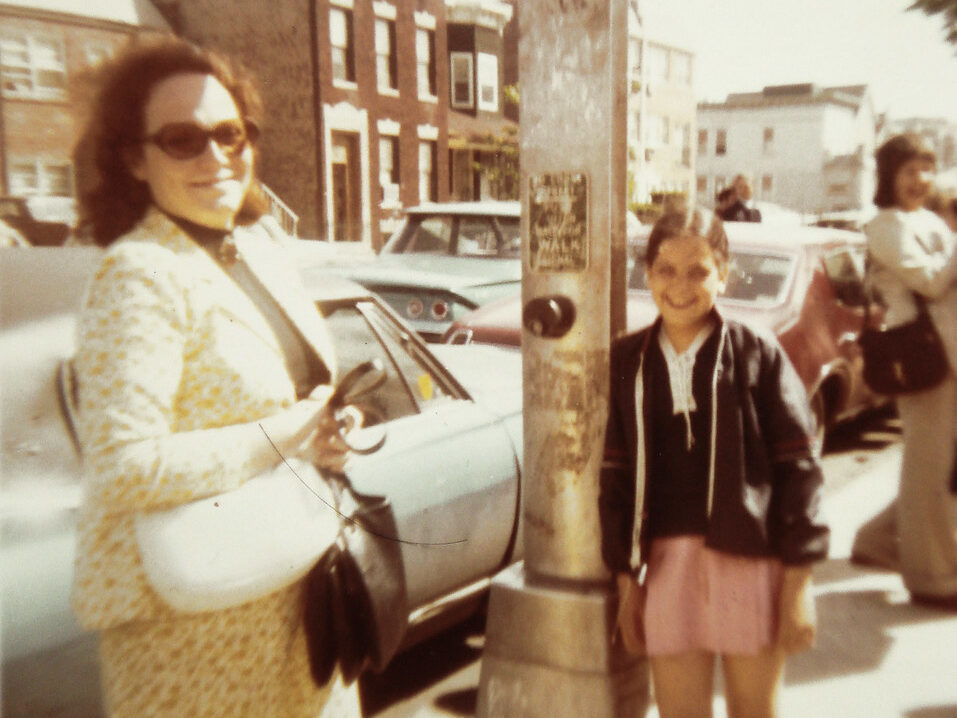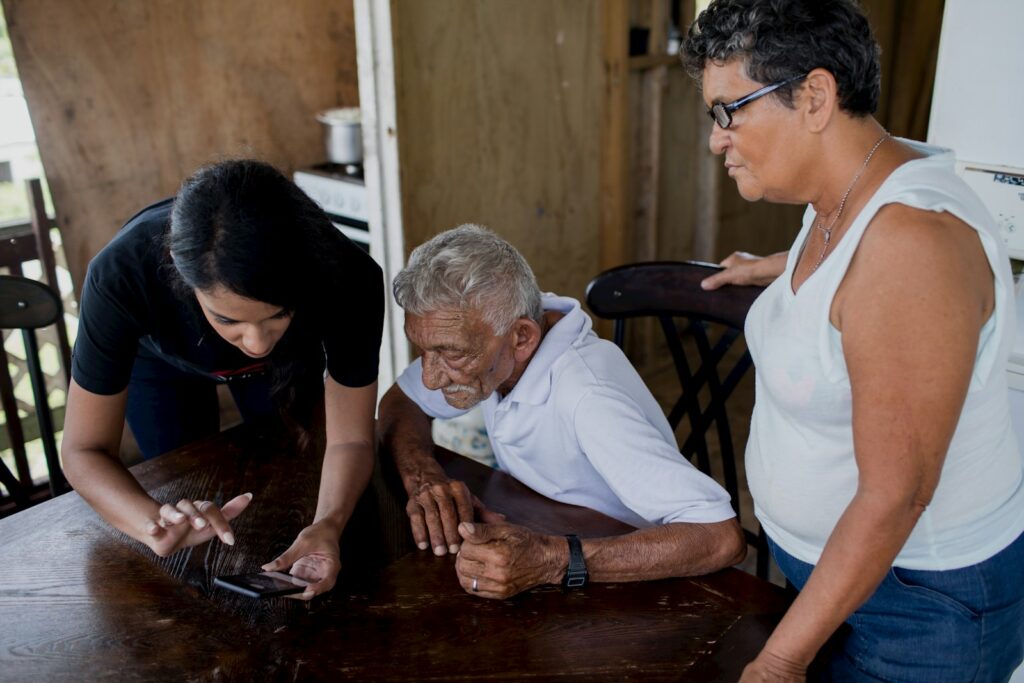Lifestyle
15 Values That Shaped the Boomer Generation

The Baby Boomer generation, born between 1946 and 1964, grew up in a world reshaped by war, innovation, and social upheaval. Their values were shaped by the unique circumstances of the time — prosperity mixed with uncertainty, tradition meeting change. These are the core values that helped define how Boomers live and think even today.
Hard Work Pays Off

Boomers were raised in an environment where hard work was not just admired but expected. Many came from families where parents worked long hours in factories, farms, or offices to provide a better life. The idea was simple: if you wanted something, you had to earn it. Success was rarely seen as a stroke of luck but rather the result of persistent effort and determination. This belief fueled decades-long careers and a deep respect for those who “put in their time.”
Respect for Authority

For Boomers, respect for teachers, police officers, and government officials was instilled from an early age. Authority figures were seen as protectors of order and stability, not to be questioned without good reason. This value came from a postwar society that needed structure and was reinforced in schools, churches, and homes where discipline and obedience were paramount. Even when Boomers later challenged authority during the 60s and 70s, the foundation of respect remained strong.
Self-Reliance

Independence was considered a critical life skill. Boomers were encouraged to figure things out on their own, whether it was fixing a flat tire or handling personal finances. Growing up before the internet and 24/7 assistance meant learning how to solve problems with what you had. The idea of relying too much on others was frowned upon; self-sufficiency was a matter of pride and personal competence.
Loyalty Matters

Loyalty to institutions, family, and friends was a given. Boomers often stayed with one employer for most of their working life, seeing it as a mark of stability and gratitude. They valued long-term relationships and believed in sticking by people during tough times. Be it loyalty to a company, a political party, or a community, Boomers believed that commitment over time was a virtue.
Education is the Path to Success

Many Boomers were the first in their families to go to college, a milestone seen as a pathway to upward mobility. Education was seen not just as a way to gain knowledge but as a ticket to a better, more secure life. Degrees were pursued with seriousness, and finishing school was a respected achievement. Boomers passed this value down to future generations, emphasizing the importance of schooling even as the world of work evolved.
Save for the Future

Boomers learned the importance of saving money from parents who had lived through the Great Depression and World War II. The message was clear: live within your means and prepare for rainy days. They opened savings accounts early, bought homes instead of renting, and were cautious with credit. Financial security was built through discipline and patience, not by chasing quick rewards.
Patriotism

Growing up in the shadow of World War II and the Cold War, Boomers were taught to love their country. National pride was woven into education, media, and family conversations. Whether it was standing for the national anthem or believing in the American Dream, patriotism was considered a fundamental part of being a good citizen. Even those who later protested government actions often did so from a belief in their country’s ability to do better.
Family First

Family was the anchor. Boomers grew up in households where family dinners were a nightly ritual and extended family gatherings were common. Getting married and having children were expected milestones, and raising a family was seen as one of the highest achievements. Even as society shifted in later decades, the belief that family should come before personal ambitions remained strong for many Boomers.
Optimism About Progress

Boomers witnessed some of the most inspiring moments in modern history: the moon landing, medical breakthroughs, the civil rights movement. These experiences fed a belief in progress and innovation. They grew up believing that hard work, science, and cooperation could solve the world’s problems. This optimism was a powerful driver behind decades of growth in technology, health care, and social change.
Personal Responsibility

Boomers were taught to take ownership of their actions. Excuses were not tolerated. If you made a mistake, you were expected to admit it and correct it. This sense of personal responsibility influenced how Boomers approached work, family, and community involvement. It shaped a culture where accountability was respected and seen as a marker of maturity.
Face-to-Face Communication

In the pre-digital age, communication meant face-to-face conversations, handwritten letters, or phone calls. Boomers learned the value of direct, personal interaction early on. They believed that strong relationships were built not through quick messages but through real conversations where body language, tone, and presence mattered. This approach fostered deeper connections and a sense of trust that digital communication often lacks.
Community Engagement

Boomers were raised to believe that being part of a community came with responsibilities. Many were active in church groups, volunteer organizations, and local politics. Helping neighbors, coaching little league, and participating in town meetings were all considered normal. Community involvement was not seen as optional — it was part of being a good citizen.
Respect for Privacy

Privacy was a deeply held value. Personal matters were kept within the family or a small circle of close friends. Boomers were taught that not everything needed to be shared publicly and that maintaining discretion was a sign of good character. This respect for privacy extended to finances, personal struggles, and family issues.
Frugality

Even as the economy grew, Boomers retained a sense of frugality inherited from their parents. Waste was frowned upon, and the idea of using things until they wore out was normal. Boomers were not quick to replace working items and were more inclined to repair rather than discard. This mindset helped many of them build wealth steadily over time.
Commitment to Tradition

Despite being part of revolutionary movements for change, many Boomers maintained a strong connection to tradition. Celebrating holidays, honoring marriage vows, attending religious services — these rituals were more than routines. They provided a sense of stability and belonging. Traditions were viewed as threads that connected generations and gave life a deeper sense of meaning.

